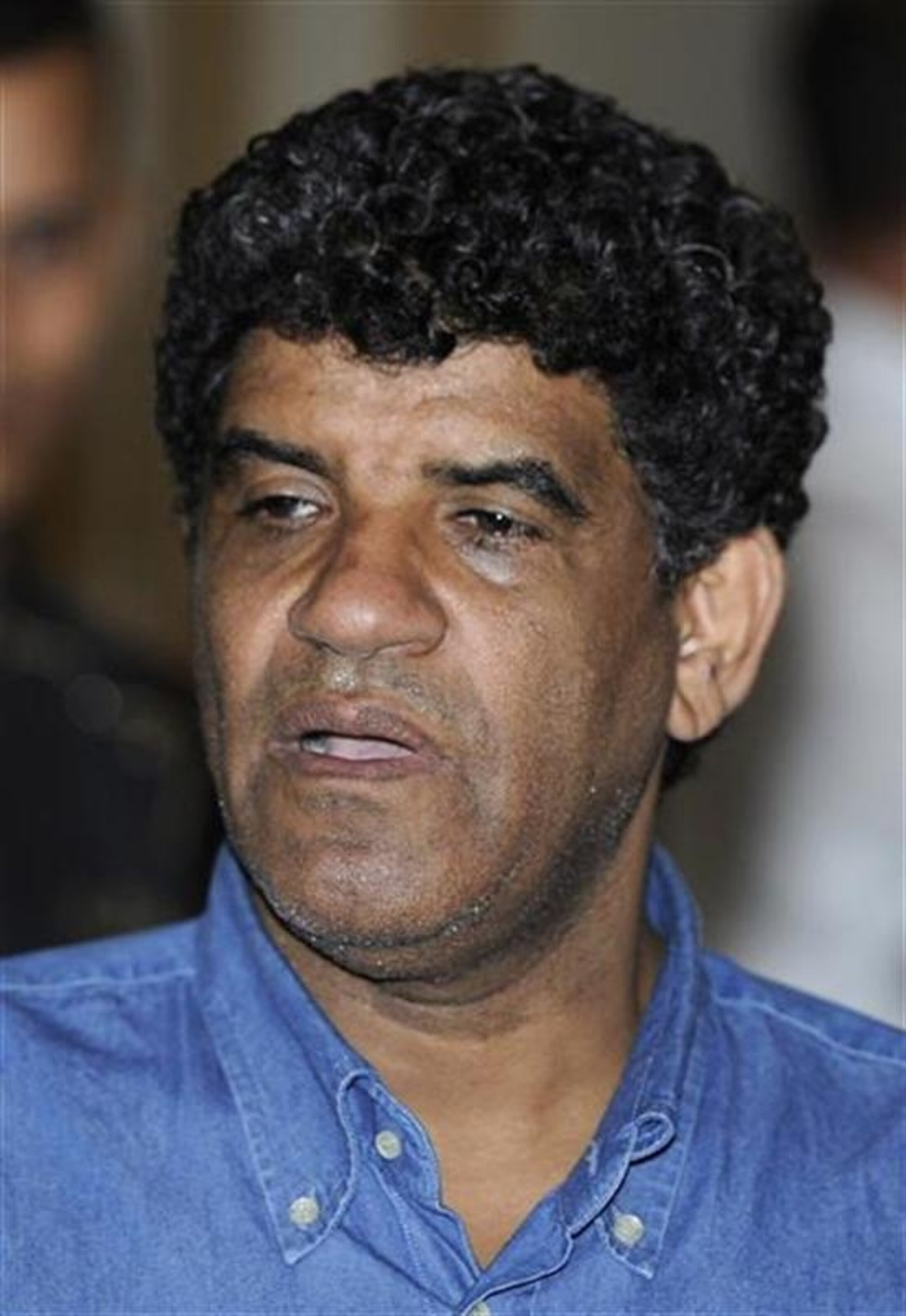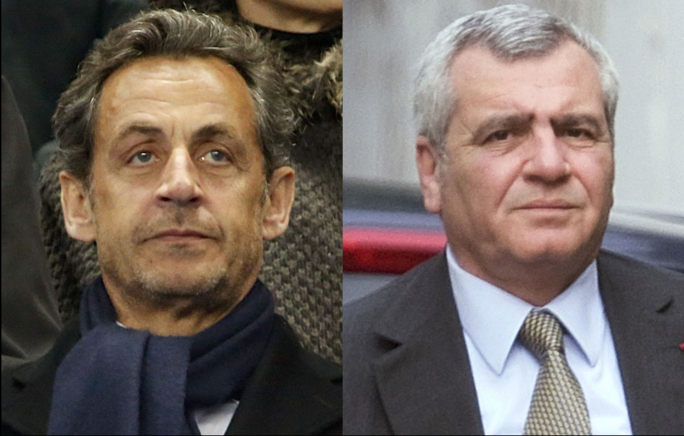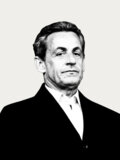Police have found evidence in the archives of the Élysée Palace concierge service which corroborate a key claim by the controversial middleman Ziad Takieddine concerning the Libyan funding of the 2007 Nicolas Sarkozy election campaign, Mediapart can reveal. The register of people who enter the building shows that Takieddine, at the time an intermediary between Sarkozy's entourage and Libya, entered the Élysée at 1.39pm on May 16th, 2009, for a meeting with Sarkozy's right-hand man Claude Guéant.

Enlargement : Illustration 1

This evidence backs up a note written by Takieddine which mentions a meeting with Guéant on that date. The meeting's aim was to find a way to change the legal situation of a top Libyan dignitary, Colonel Gaddafi's brother-in-law and security chief Abdullah Senussi.
Senussi was convicted in absentia for his part in the 1989 bombing of a French UTA airline DC10 passenger plane over Niger, in which 170 people lost their lives, including 54 French citizens. And since 1999 he had been the object of an international arrest warrant. However, according to the investigation into the Libyan election funding claims, Senussi was also one of the key figures who personally took part in the corruption, something he has admitted to several times in statements.
The title of Takieddine's note on the 2009 meeting at the Élysée is “Meeting CG”. The initials stand for Claude Guéant, Sarkozy's right-hand man who was at the time secretary general of the Élysée. According to the account of this meeting, which has been verified by investigators, Takieddine presented the legal “conclusions” on Senussi's case provided by Thierry Herzog, the personal lawyer and close friend of Nicolas Sarkozy.
Mediapart has already revealed that in November 2005 Herzog went to Tripoli, a month after Nicolas Sarkozy's first official visit to Tripoli, to put forward a secret plan to Senussi's team of advisors to clear him in relation to the UTA DC 10 bombing. According to the documents that have been unearthed, and which have since been handed over to the investigating judges, Thierry Herzog was introduced in Libya by a legal colleague from Paris, Francis Szpiner, who had been the lawyer representing the victims of the DC10 bombing from the start of that case.
Danièle Lein, the sister of one of the victims of that atrocity, a member of the SOS Attentats association and today the head of the victims support group the Association Française des Victimes de Terrorisme (AFVT), said that for her Szpiner had crossed a “bloody red line” by secretly taking part in discussions in support of Senussi. But Basile Ader, vice-chair of the Paris Bar Council committee in charge of disciplinary issues for lawyers said that the organisation had not had the issue referred to it and was “not intending” to take the case up on its own initiative if there was no formal complaint.
Among the potential legal solutions offered by Thierry Herzog in May 2009, and one which features in the account of the meeting, was the following: “Ask the public prosecutor to set aside the arrest warrant.” When confronted by the judges with the evidence that such a meeting did take place in May 2009, Claude Guéant exercised his right to stay silent. On July 25th this year Ziad Takieddine was questioned at great length by the judges, and the middleman insisted that Herzog had asked for fees “of at least five million euros payable by Senussi or the Libyan government, which seemed exorbitant to me, especially as clearing Senussi was a commitment made by Sarkozy”. It appears Senussi refused to pay such a sum.
“Herzog's intervention in this case tends to indicate that Nicolas Sarkozy, of whom he is the lawyer and a close friend, was indeed following this affair,” the investigating judges noted during a recent hearing.
The issue of Senussi - the attempts to get him “cleared” over the airline bombing - has become a crucial one in the Libyan election funding investigation. It appears more and more to have been a key part of the quid pro quos in the corrupt pact forged between Sarkozy's France and Gaddafi's Libya between 2005 and 2007. Several witnesses have reported that alongside the financial negotiations ahead of the 2007 election, Nicolas Sarkozy and those close to him committed themselves to finding a favourable solution to Senussi's siltation.
A number of documents found by Mediapart and the investigators shows that the Sarkozy clan took steps over the Senussi affair. Moreover, twice in 2005 Sarkozy's two closest colleagues Claude Guéant and Brice Hortefeux – later interior minister – secretly met Senussi with Ziad Takieddine behind the backs of the French authorities in situ. The meetings took place without any security staff, translator or diplomat being present.

Enlargement : Illustration 2

“Senussi was the object of their visit,” Ziad Takieddine later said. Hortefeux and Guéant, who in this period was Sarkozy's chief of staff at the Ministry of the Interior, both acknowledged meeting a man who was at the time sought by the French justice system over acts of terrorism.
A meeting was also arranged between Claude Guéant and Gaddafi's son Saif al-Islam at Takieddine's Paris flat, something Guéant does not deny. “The Senussi issue was broached,” Ziad Takieddine told the judges. “Claude Guéant told us that the steps had been initiated with the judges at the Cour de Cassation [editor's note, France's highest appeal court], that they already had six judges on their side, and that they still needed one and they were 'working on two',” he said. It is worth pointing out that both Nicolas Sarkozy and Thierry Herzog are to stand trial over alleged corruption and influence peddling in connection with a judge at the Cour de Cassation, Gilbert Azibert, who is said to have kept them informed of legal developments in relation to the fallout from the Bettencourt affair. All deny any wrongdoing.
A second lawyer, Philippe Dehapiot, who describes himself as a friend of Thierry Herzog, whom he sees “very often”, also looked at the Senussi case at Takieddine's request. When questioned by police officers in July this year Dehapiot agreed he had worked on the case, while insisting that his consultation had been in relation to an unnamed person. “But I understood that it involved a person convicted in relation to terrorism,” he said. The lawyer refused to confirm formally that the person he dealt with was Ziad Takieddine, something that the latter was happy to do.
-------------------------------------------------------------------------
If you have information of public interest you would like to pass on to Mediapart for investigation you can contact us at this email address: enquete@mediapart.fr. If you wish to send us documents for our scrutiny via our highly secure platform please go to https://www.frenchleaks.fr/ which is presented in both English and French.
----------------------------------------------------------------------
- The French version of this article can be found here.
English version by Michael Streeter



